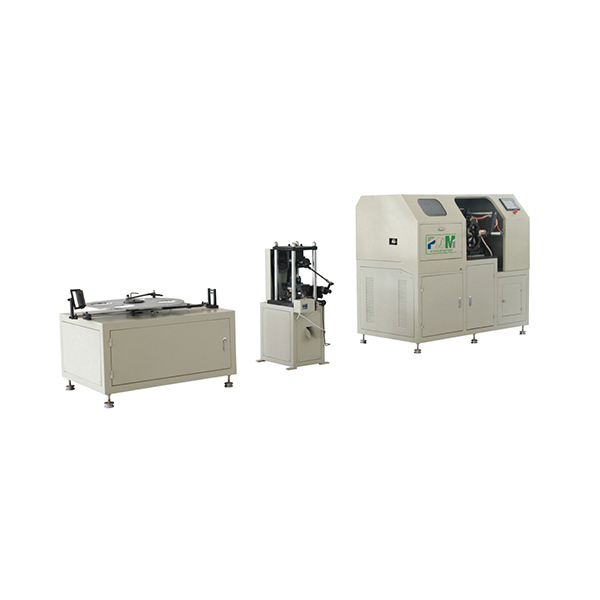Jul . 31, 2024 21:51 Back to list
Exploring the Benefits and Applications of Activated Carbon Filters in Air and Water Purification
The Importance of Activated Carbon Filters
Activated carbon filters have become increasingly vital in various industries and households for their ability to purify air and water. But what exactly are they, and why are they so important?
What is Activated Carbon?
Activated carbon, also known as activated charcoal, is a porous form of carbon that has been treated to increase its surface area and adsorption capacity. This treatment creates tiny, low-volume pores that enhance the material's ability to trap impurities and contaminants. When air or water passes through an activated carbon filter, pollutants adhere to the surface of the carbon rather than continuing through the medium. This makes activated carbon filters highly effective for removing unwanted substances.
Applications of Activated Carbon Filters
Activated carbon filters are used in numerous applications. In water treatment, they effectively reduce chlorine levels, sediment, volatile organic compounds (VOCs), and various other contaminants. They are commonly found in home water filtration systems, municipal water treatment facilities, and even in industries such as food and beverage processing.
In air purification, activated carbon filters play a vital role in improving indoor air quality
. They reduce odors, harmful gases, and smoke particles, making them essential for households with pets, smokers, or those living in urban areas with high pollution levels. Air purifiers equipped with activated carbon filters can help alleviate allergies and asthma symptoms by removing allergens and irritants from the environment.activated carbon filter

The Health and Environmental Impact
The health benefits of using activated carbon filters are substantial. With the constant rise in pollution levels, both in air and water, having an effective filtration system can lead to improved overall health. Clean water is crucial for preventing waterborne diseases, and purified air contributes to better respiratory health. By filtering out harmful contaminants, activated carbon systems help in extending life expectancy and reducing healthcare costs associated with pollution-related illnesses.
Moreover, activated carbon filters are environmentally beneficial too. They help in reducing reliance on bottled water by offering a clean and sustainable option for drinking water. By improving air quality, they play a role in combating indoor pollution, which can be as hazardous as outdoor air pollution. This, in turn, contributes to a healthier living environment and a more sustainable approach to consumption.
How Effective are Activated Carbon Filters?
While activated carbon filters are excellent at removing many types of impurities, it's important to note that they have limitations. They are most effective against organic compounds and chlorine but may not effectively filter out heavy metals, nitrates, or microbial contaminants. Therefore, it's crucial to understand the specific needs of your water or air quality and, if necessary, use activated carbon filters in conjunction with other filtering technologies for comprehensive purification.
Conclusion
In conclusion, activated carbon filters are a powerful tool for purifying air and water, significantly impacting health and the environment. As the world faces increasing pollution and the need for clean resources, these filters offer a practical solution for both individual households and industry applications. Embracing the use of activated carbon technology can lead not only to improved well-being but also to a more sustainable future. As we continue to prioritize health and environmental sustainability, activated carbon filters will undeniably remain at the forefront of purification technology.
-
Premium Acrylic-Resin Air Filter Paper in Roll | High Efficiency
NewsAug.19,2025
-
PLAB-6 A B Two Compounds Filter End Cap Gluing Machine-Hebei Filter Man|Precision Gluing,Automated Production
NewsAug.18,2025
-
PLAB-6 A B Two Compounds Filter End Cap Gluing Machine - Hebei Filter Man Automotive Parts Trading Co., Ltd | Adjustable Gluing Parameters, Automated Precision
NewsAug.18,2025
-
PLAB-6 A/B Two Compounds Filter End Cap Gluing Machine-Hebei Filter Man|Precision Engineering&Efficiency
NewsAug.18,2025
-
Active Carbon Air Filter for Purifier: Superior Air Quality & Odor Removal
NewsAug.18,2025
-
PLAB-6 Gluing Machine-Hebei Filter Man|Precision Gluing,Automated Filtering
NewsAug.17,2025
